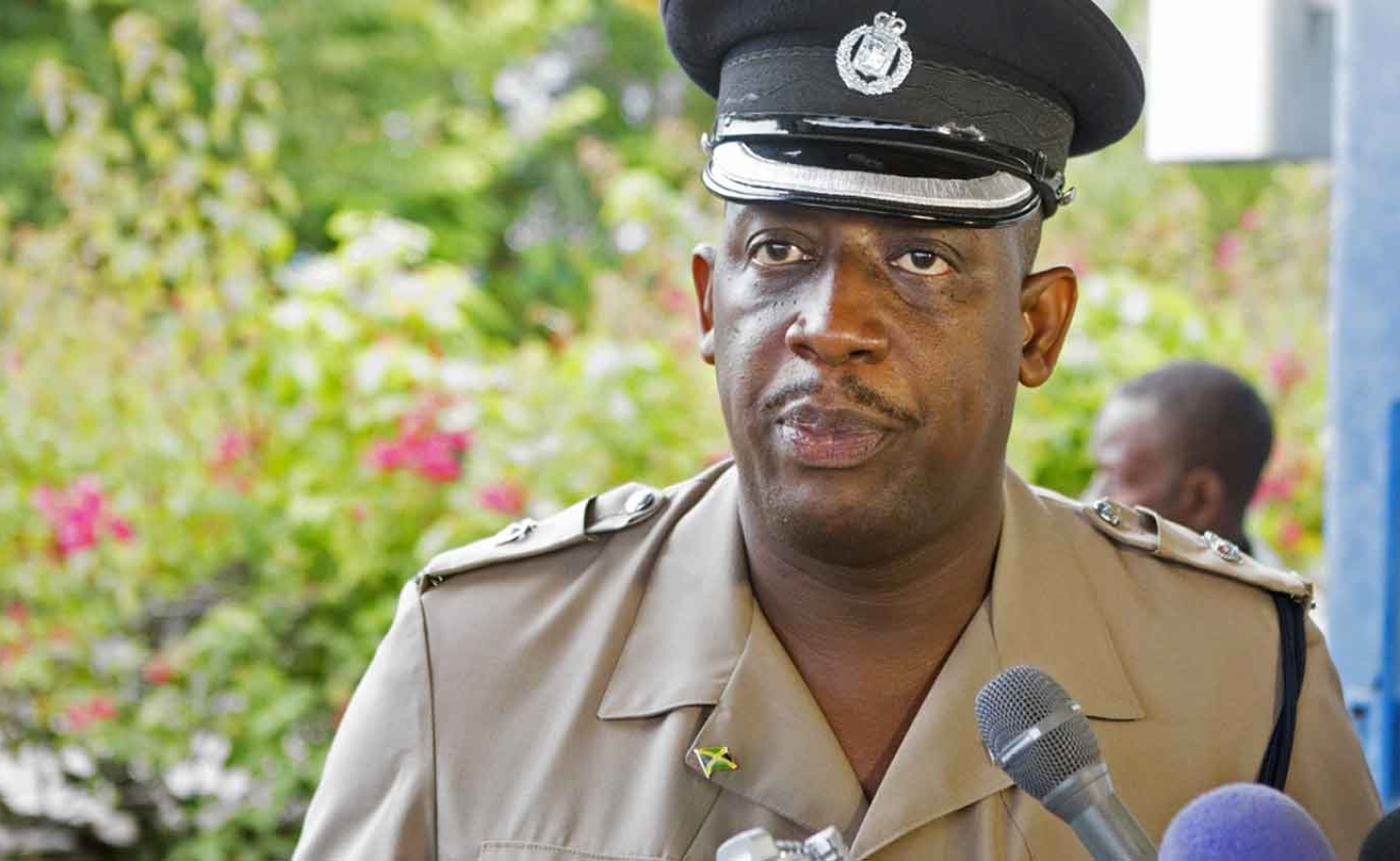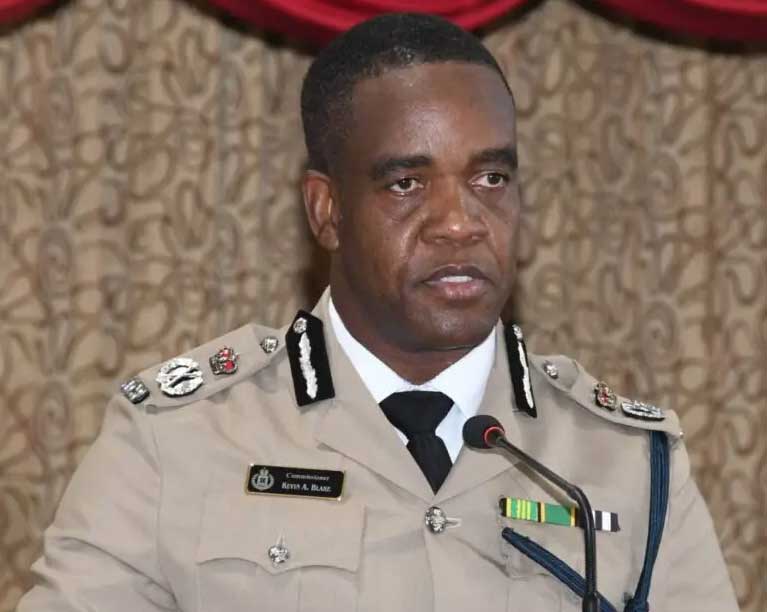JAMAICA | Supreme Court Intervenes in Police Leadership Dispute: Commissioner Blocked from Removing POA Chairman

KINGSTON, Jamaica, September 11, 2025 - The Supreme Court of Jamaica has stepped into a high-stakes dispute within the Jamaica Constabulary Force (JCF), granting Senior Superintendent of Police Wayne Cameron an ex parte injunction that prevents Police Commissioner Dr. Kevin Blake from removing him as chairman of the Police Officers' Association (POA).
Court Ruling and Immediate Impact
On Wednesday, the Supreme Court not only granted Cameron's injunction application but also issued a stay of implementation for all decisions made by the commissioner regarding Cameron's position. This judicial intervention effectively freezes any action until a full judicial review scheduled for October 8.
The ruling comes amid a contentious battle over authority and governance within the police force, with Cameron maintaining that the commissioner has no legal standing to remove a democratically elected POA chairman. "It is clear that we'll have to test the legality of the commissioner's actions because from what we know, he would have overstepped his bounds," Cameron stated in an interview with the Jamaica Observer.
The Constitutional Question
At the heart of this dispute lies a fundamental question about organizational autonomy and democratic governance. Cameron argues that the POA chairman is selected through a democratic process at the association's conference, where more than two-thirds of JCF officers participate. He was elected to his position in November 2022, with his mandate extending until 2025.
The commissioner, who is not a member of the POA, had attempted to remove Cameron citing "reports of alleged indiscipline and misconduct" that could compromise upcoming salary and benefits negotiations with the government. However, Cameron strongly disputes these allegations, particularly a misconduct charge related to a 2020 incident for which he says he was already cleared.
Allegations and Denials

The commissioner's office had also pointed to the POA executive's alleged failure to conduct regular meetings and convene general meetings over several years as justification for the intervention. Cameron disputes this characterization and maintains he still has the support of the majority of the POA's more than 300 members.
Labour Rights Under Fire
The Jamaica Confederation of Trade Unions (JCTU) has thrown its weight behind Cameron, issuing a forceful statement condemning the commissioner's actions as violations of both national and international labour standards. The confederation described itself as "deeply alarmed" by the directive and warned it would seek intervention from the International Labour Organisation if the Ministry of Labour fails to uphold established standards.
The JCTU specifically cited violations of two core International Labour Organisation conventions:
ILO Convention 87 (Freedom of Association): This guarantees that workers' organizations shall elect their representatives in full freedom and conduct their administration without interference from public authorities. The JCTU argues that by attempting to unseat a duly elected chairman, the commissioner has improperly intruded into the association's internal governance.
ILO Convention 98 (Right to Organise and Collective Bargaining): This protects workers' organizations from anti-union discrimination and employer interference in their administration. The denial of Cameron's access to the high command, the JCTU contends, restricts the POA's ability to fulfill its representative responsibilities.
Constitutional Concerns
Beyond international labour standards, the JCTU has raised serious concerns about violations of Jamaica's Constitution. The Charter of Fundamental Rights and Freedoms guarantees all persons the right to freedom of association and equality before the law.
"The POA derives its authority from the democratic will of its members, not from the employer," the confederation emphasized, underscoring the principle that union leadership should be determined by members, not management.
The Path Forward
Commissioner Blake had scheduled a meeting with selected JCF officers to discuss his plans for the POA, notably excluding Cameron from the invitation list. The commissioner's office maintains that his actions were taken under his powers of superintendence over the police force and were "necessary to safeguard the interests of all gazetted officers."
The high command had proposed that remaining POA executive members appoint a chairman pro tem to lead the association into a special general meeting for electing a new executive. However, the Supreme Court's intervention has effectively halted these plans.
Broader Implications
This dispute extends beyond a simple administrative disagreement, touching on fundamental principles of labour rights, organizational democracy, and the balance of power within Jamaica's law enforcement structure. The outcome of the October 8 judicial review could set important precedents for how police associations operate and the extent of a commissioner's authority over union affairs.
The case also highlights tensions between police management and rank-and-file representation at a critical time when the POA is engaged in salary and benefits negotiations with the government. The resolution of this conflict will likely have lasting implications for labour relations within the JCF and potentially for other public sector unions in Jamaica.
As both sides prepare for the judicial review, the Supreme Court's initial ruling sends a clear message about the importance of due process and the limits of executive authority, even within hierarchical organizations like the police force. The coming weeks will determine whether Cameron retains his position through 2025 as originally mandated by POA members, or whether the commissioner's concerns about leadership and governance will prevail in court.
-30-
